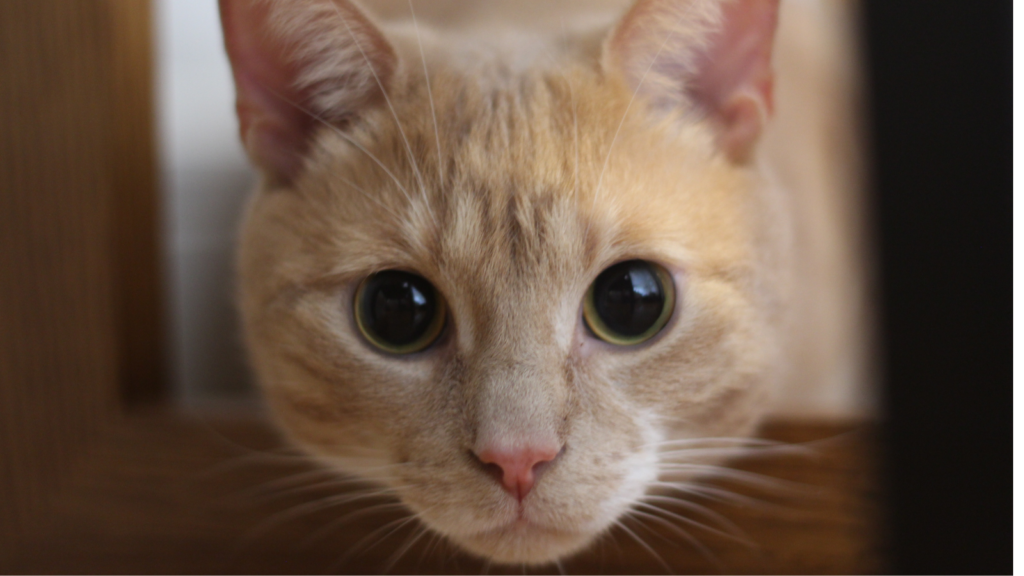It’s easy to miss the early signs of illness in cats, but when it comes to urinary health, those quiet cues can quickly turn into serious problems if ignored. Urinary issues in cats can signal pain, infection, or even a life-threatening blockage. At Hixson Pet Wellness Center, we believe prevention, education, and quick action can keep feline pets healthier. Here’s what every cat owner should know about spotting a urinary condition in felines before it becomes a crisis.
Symptoms of Feline Urinary Conditions
The feline urinary system plays a role in removing waste and maintaining the body’s chemical balance. When something’s off, your cat may not be able to tell you, but their behavior will. Ignoring the signs can lead to pain, infection, or complete urinary blockage. Keep an eye out for these warning signs that something might be wrong:
- Frequent trips to the litter box with little or no urine
- Straining, crying, or vocalizing during urination
- Blood-tinged urine
- Urinating outside the litter box
- Licking frequently around the genitals
- Changes in mood, appetite, or energy levels
- Vomiting or hiding behavior
Even if the symptoms seem minor, it’s best to consult with a veterinarian right away so that urine diagnostics can be run.
Urinary Conditions in Cats
Feline Lower Urinary Tract Disease (FLUTD)
FLUTD refers to a whole range of issues affecting the bladder and urethra. It’s not a single disease but a category that includes inflammation, crystals, stones, and sometimes unknown causes. Feline Lower Urinary Tract Disease can affect cats at any age.
Feline Idiopathic Cystitis (FIC)
FIC can fall under the umbrella of FLUTD, as its exact cause is unknown. There’s no infection or blockage in Feline Idiopathic Cystitis, but the bladder becomes inflamed, often making urination painful.
Urinary Tract Infections in Cats (UTIs)
Feline UTIs can occur in older cats (especially females) or those with other health issues. Symptoms often mirror other urinary conditions, so a proper diagnosis from a veterinarian is needed. Antibiotics typically resolve the infection once it’s identified.
Cat Urinary Blockages
A complete or partial blockage, especially in male cats, is a life-threatening emergency. A buildup of crystals or mucus can clog the urethra, preventing urination. If your cat can’t pee, cries while attempting to urinate, or is having other symptoms of a urinary obstruction, seek veterinary care immediately.
What to Do If You Suspect a Feline Urinary Problem
If you think your cat may have a urinary issue:
- Call a veterinarian right away. Don’t wait for symptoms to worsen.
- Do not attempt home treatment. Some conditions require urgent care and can’t be solved with dietary changes alone.
- Try to collect a urine sample. It’s not always easy, but it can speed up diagnosis. Samples should be refrigerated if not brought immediately to the vet.
- Keep your cat calm and hydrated. Stress and dehydration can make things worse.
Caring for Cat Urinary Issues in Hixson, TN
Urinary problems in cats are serious and often silent… until they aren’t. If you notice anything unusual with your cat’s bathroom behavior, trust your instincts and reach out. Hixson Pet Wellness Center treats feline urinary conditions in Hixson, TN and for felines in Red Bank, Chattanooga, and surrounding areas. Schedule an appointment with us if your feline pet is having an issue with their urinary health.





